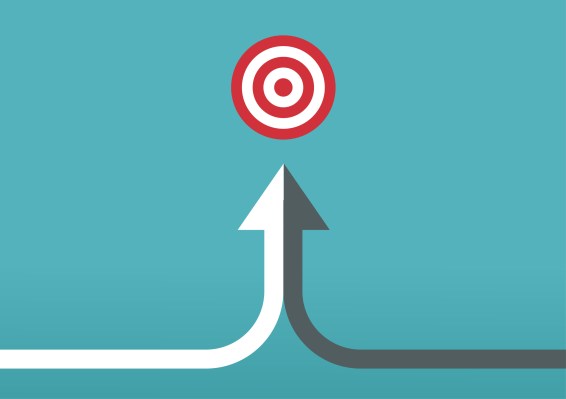Many people, myself included, predicted a wave of startup acquisitions in 2023 as companies rooted in good ideas but built on not-so-good business models ran out of money. That largely didn’t happen, but there are signs it will in 2024.
Funding volume and deal count continues to slow down, according to Q3 data from PitchBook, and macroeconomic conditions have economists and politicians predicting a recession in 2024. Investors have also told me they are spending less time propping up portfolio companies that aren’t doing well and are looking to help them find a soft landing instead.
When I first wrote about the impending wave of startup acquisitions back in June 2022 — yeah, my timeline was off by a bit — I originally thought the acquirers would be the late-stage startups that had plenty of cash in the bank. I pictured solid companies, with solid business models, like Stripe and Plaid, scooping up smaller competitors to justify their otherwise inflated valuations. But the startup acquisitions we have seen thus far have largely been made by public players or private equity firms.
I think that will change next year, and I no longer think it’ll be the good buying the less good or the small. Those companies are probably thinking more about an exit for themselves in the next year, rather than a shopping spree. Companies will be making acquisitions largely to plug the holes in their business models. I think it will be the distressed buying the distressed.
On Wednesday, quick grocery delivery unicorn Getir announced that it acquired FreshDirect for an undisclosed amount. The most recent financial data on FreshDirect, a New York–based online grocery delivery company from the dot-com era, was its $300 million valuation in 2020; that’s when Ahold Delhaize and Centerbridge bought it.
Getir is not doing that well. The Istanbul-based startup continues to burn through cash and has seen its valuation plummet. Getir raised at a $11.7 billion valuation in March 2022. In December 2022, the company acquired German rival Gorillas and reached a new valuation of $10 billion for the combined pair. My colleague Ingrid Lunden heard from sources that it’s currently raising $500 million in a round that includes another valuation haircut.
FreshDirect doesn’t seem to be doing well, either, considering its most recent valuation of $300 million is below the $517 million the company raised in venture capital funding decades ago.
But despite the fact that neither of them was doing well, this may actually be a good deal. In September, I wrote about how quick grocery delivery companies can’t seem to make their business model work here in the U.S. and usually are able to find much more luck elsewhere. For that story, I chatted with Larry Aschebrook, a managing partner at G Squared, which has backed Gorillas and JOKR.
Aschebrook said at the time that the only way they could get this to work in the U.S. is to either add on additional services to subsidize the costs, which Getir does in its native Turkey, or to require customers to buy more groceries at once and be willing to wait more time for their orders. In Getir’s case, FreshDirect already does both of those things.
Sure, FreshDirect isn’t a startup, but I think this deal is a prime example of what’s to come with acquisitions of distressed startups next year. Startups won’t be scooped up by other startups looking to bulk their balance sheets ahead of an IPO but rather by those hoping to plug the holes in their business models that keep burning cash.
I think we’ll likely see more acquisitions like this because many startups that have assets that larger startups could utilize will be up for sale. Despite how much money a company actually has on the balance sheet, investors possibly won’t mind putting up more cash if they think an acquisition can secure them a better return on their original investment.
Will this work out every time? Probably not. But acquiring companies that help close the gaps will be a good option for some of these distressed late-stage startups, and I think many companies will start to realize that next year.
